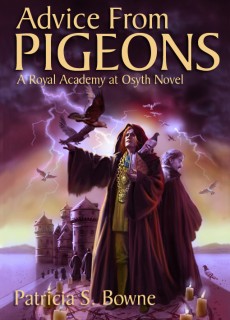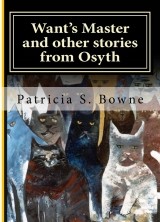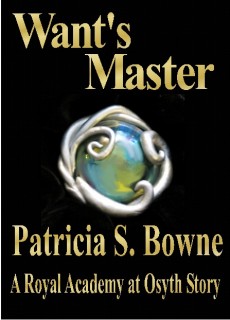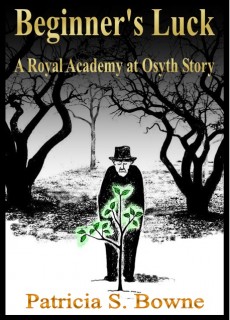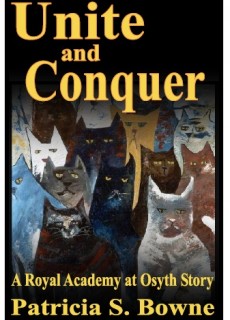Lots of talk in fannish circles this year about big bad message fiction, and how it’s either corrupted the field or always been embedded in the field. Talk about fiction in service of a message (BAD), as opposed to fiction where message elements are integrated with stuff like characterization and plot (GOOD).
Personally, I love me some hard-core, high-octane message fiction. Uncle Tom’s Cabin, Atlas Shrugged, Malcolm, Martin Eden, That Hideous Strength, Pink and White Tyranny. I love message fiction from all different angles, if its message is convincing. I’ll happily read a well-argued novel advocating a message I hate – though after I’ve read such a book, I probably won’t hate the message as much as I thought I did. Other times I’ll hurl a book that ineptly supports my deeply held beliefs, and find that I’ve hurled part of my support for the cause with it.
I like my message fiction to be full of message. I have no time for critique fiction where nobody gets to work out their message, because all they ever do is point out how the world doesn’t agree with it. I want a message that’s integral and integrated, its consequences for those who buy into it worked out in passionate detail. In Ayn Rand and Dickens even the scenery is invested in the message, and that suits me just fine. I’d rather be steeped in abhorrent values than mince around the edges of OK ones.
But what I cannot abide is poorly argued, secondhand message fiction. I want to see why characters believe what they believe. I am not satisfied to fill in the reasons for myself, if the author just sounds a dog-whistle; and I am most familiar with the dog-whistles on my own side of the political spectrum, so that’s the side that irritates me the most. I feel personally insulted when an author introduces a current hot topic — one that I feel requires some serious message fictional analysis and support — as if I will salivate on cue.
It’s no mistake that most of the message fiction I love was written by people who came by their messages honestly, from living through stuff and thinking hard about it. Real message fiction requires that you have a message, not just a bunch of received opinions, assumptions shared by your social set, and things other folks said on the internet. That’s why there’s not half so much of it out there as people think.

